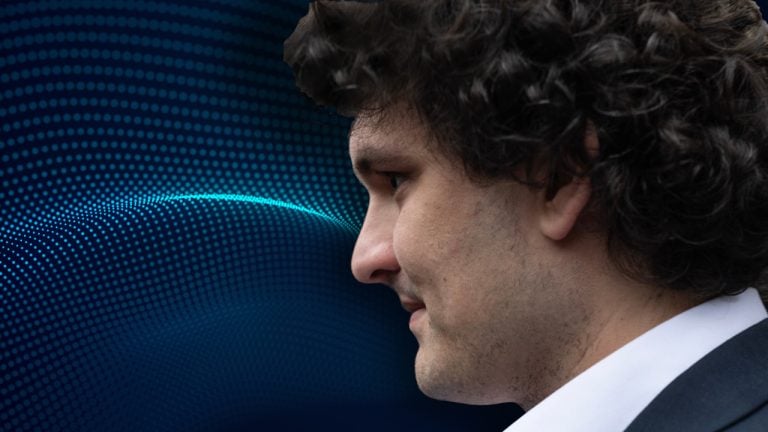
The former FTX CEO Sam Bankman-Fried testified Thursday without jurors present. Bankman-Fried was questioned by his attorney, Mark Cohen, before the judge. He described FTX senior staff using encrypted messaging, discussed obtaining Alameda’s bank account, and talked about business operations with former general counsel members. Much of the focus was on FTX’s former lawyers and the firm’s terms of service.
FTX’s Former CEO Highlights Reliance on Lawyers During Court Appearance
Sam Bankman-Fried (SBF) took the stand on October 26, 2023, and was questioned by his lawyer, Mark Cohen. Matthew Russell Lee of Inner City Press broadcast the courtroom account on social media platform X. Bankman-Fried’s account of the situation follows his recent interactions with fellow coworkers Caroline Ellison, Nishad Singh, and Gary Wang.
SBF discussed using encrypted messaging apps, third-party hacks, leaning on lawyers for legal guidance, and interacting with regulators in the Bahamas. SBF confirmed FTX used Telegram, Slack, and the auto-deleting app Signal for communications. He said encryption was important because FTX third parties had been hacked, though never the core systems. He justified using Signal by saying it was mostly used for informal chatter, not for major decisions.
“Those were not channels for decisions,” the former FTX boss insisted.
Regarding former FTX lawyers, SBF said he signed papers to set up FTX’s bank account per an attorney’s alleged instructions and took comfort structuring loans based on guidance from his lawyers and law firm Fenwick & West. He also claimed the FTX terms of service and other key documents were prepared by Dan Friedberg and Fenwick & West.
On regulators, SBF described an intense visit from Bahamian police who took his passport. This occurred after a meeting with Bahamas regulators which SBF attended with his father and FTX executives. “Gary Wang was in the building but not in the meeting,” SBF disclosed. Reportedly, there were plans to move key assets following the exchange’s hack.
SBF also discussed his start in crypto in 2017, and the use of omnibus wallets based on tracking exchanges. SBF continued to lean on citing his lawyers and their advice as a defense in his testimony. When asked by Cohen if he believed that “taking FTX deposits through Alameda was legal,” the FTX co-founder replied, “I did.”
There was a heavy focus from both the former FTX boss and Cohen with the repeated mentioning that he relied on counsel and legal advice. Following Cohen’s questions the court took a break and U.S. prosecutors plan to convene later and further cross-examine SBF on Friday.
What do you think about the first part of Bankman-Fried’s testimony? Share your thoughts and opinions about this subject in the comments section below.
No comments:
Post a Comment